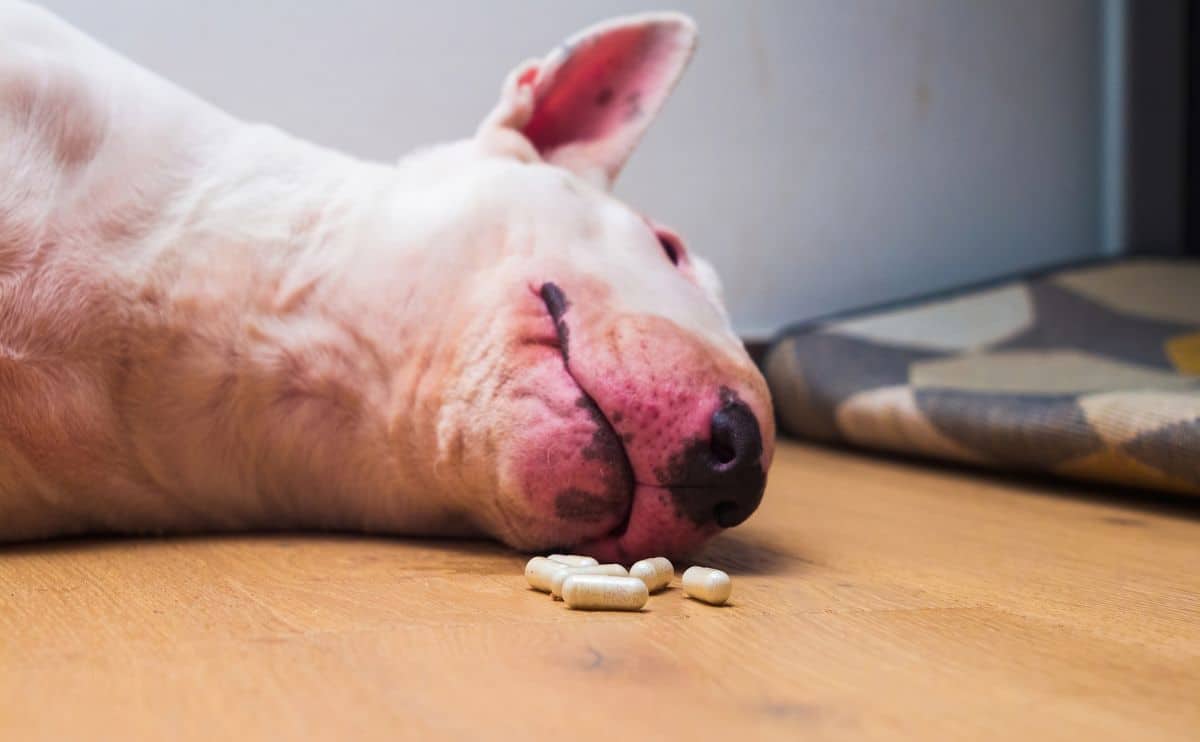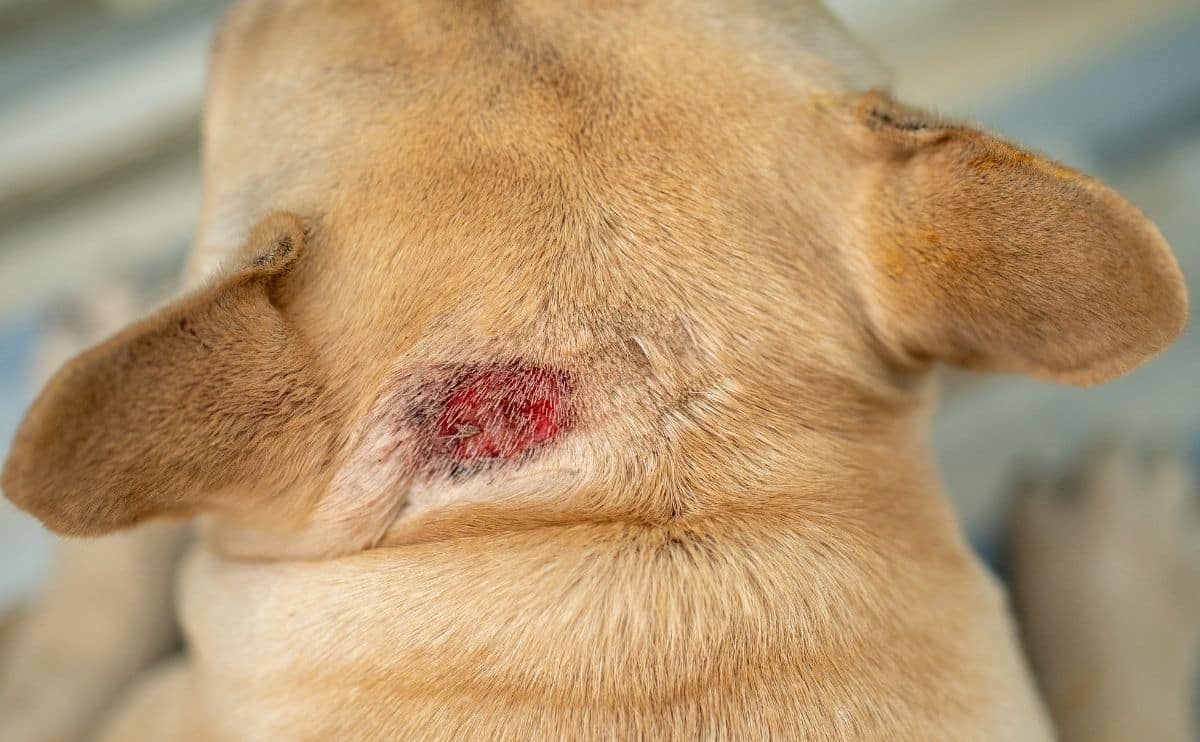How To Treat A Poisoned Dog: 5 Steps You Must Follow
When you purchase through links on our site, we may earn a commission. Here’s how it works.

Did your pet eat chocolate or get into the antifreeze in the basement? Act quick! It’s toxic, and you need to break out the poison patrol actions ASAP. But what do you do? Here are the five steps you need to take to get Spot back into good health in no time and deal with dog toxicity treatment at home.
Table of Contents
5 Steps How To Treat A Poisoned Dog At Home
1. Do Not Panic
It is natural to panic when a loved one is in trouble, but this is the time when you need to take charge of the situation and act with purpose and speed.
2. Watch For Symptoms
Is your dog acting lethargic or more hyper than usual? Are there signs that he got into something he shouldn’t have that might be toxic, like a poisonous plant or chocolate?
Then you need to start by figuring out exactly what your pet’s poison is and how much he consumed. If it’s food-related, you may have a little more time to act and treat than you would with chemical poisons.
But do not assume this. Take notes (literally) of what the poison is and your pet’s symptoms so you do not forget once you are in panic mode and talking to someone who can help. You may even want to take a quick video with your smartphone of strange behavior.
3. Contact The Pet Poison Hotline
In an emergency, contact your local animal emergency clinic or call one of these hotlines to speak to a toxicology specialist and vets who are able to assist 24/7.
- Pet Poison Helpline 1-855-764-7661
- North Shore America / ASPCA Hotline 1-888-232-8870
- ASPCA Animal Poison Control Center at 1-888-426-4435
They will give you advice on what to do and possible home treatments for your poisoned dog to give your dog to help absorb or counter balance the substance. You can call back unlimited times per case to get or give updates. And they even open a case for you to give your vet to reference if the vet needs to speak with a toxolgist expert.
They charge a small fee of $59-75 per incident and will ask for the age, weight, medical history of your pet, what they were exposed to, amount, when it happened, and current symptoms. However, if your dog is microchipped, some companies cover the cost of the fee in your annual membership. Either way the cost is minimal considering it could mean life or death for your pet.
Try using our “Ask a Vet” chat feature that is available 24/7 (see the lower right-hand corner of your browser window). You’ll get answers from a doctor within minutes.
4. Call The Vet
Depending on what the pet poison hotline says, you should also call your vet to explain the situation and ask for advice on the next steps. If the office is closed, call the emergency vet. Be sure to have your notes in hand and be prepared to jump in the car to head for help immediately. There may not be a good home remedy for dog overdose and you need to seek medical attention. Regardless of if you go to the vet, they should want to know about any incidents to have on your pet’s record.
5. Do Not Delay
If you are reading this, it is probably too late to warn you against this but remember, that you need to act quickly. A local vet or poison expert is better suited to do this than your computer. And, they can help you treat your specific situation while keeping you focused on your dog versus all the random horror stories you will find online.
Do not administer home treatment unless directed by a professional as you may cause more pain than assistance.
How do you flush poison out of a dog’s system? It depends on what the substance is and how much they consumed. Contact the pet poison hotline to get specific answers to your situation. Can a dog recover from poisoning? Again, what they ate or exposed to and quantity will dictate your dog’s path to recovery. Hopefully your pet will survive, but don’t leave it up to chance. Get an expert’s help to decrease your chances.



